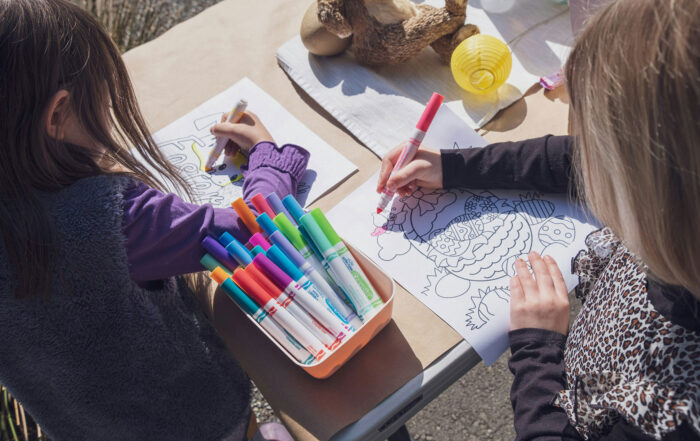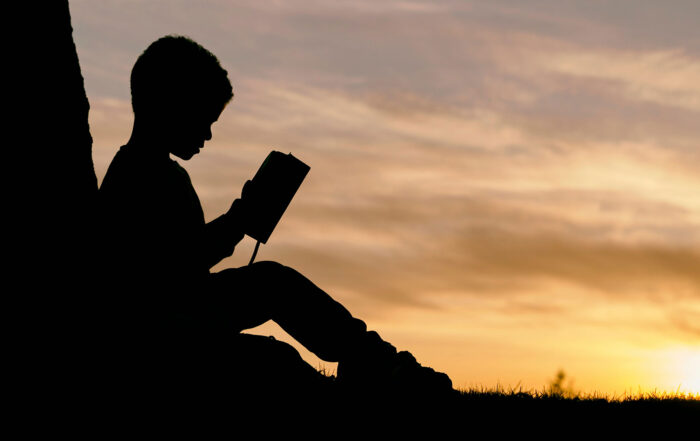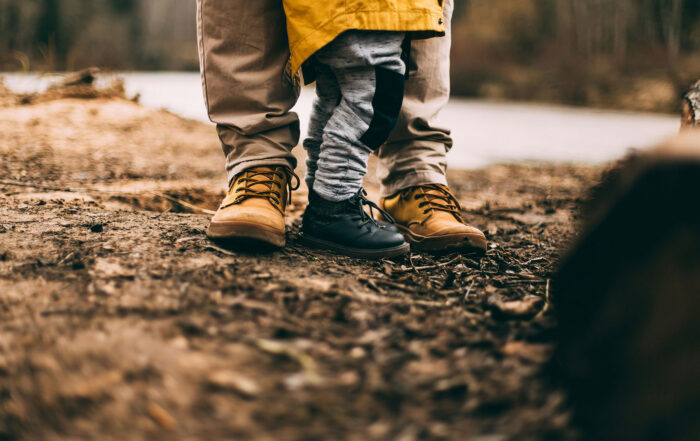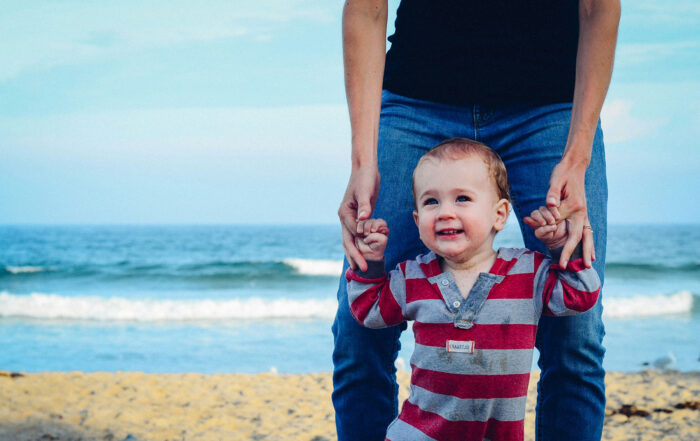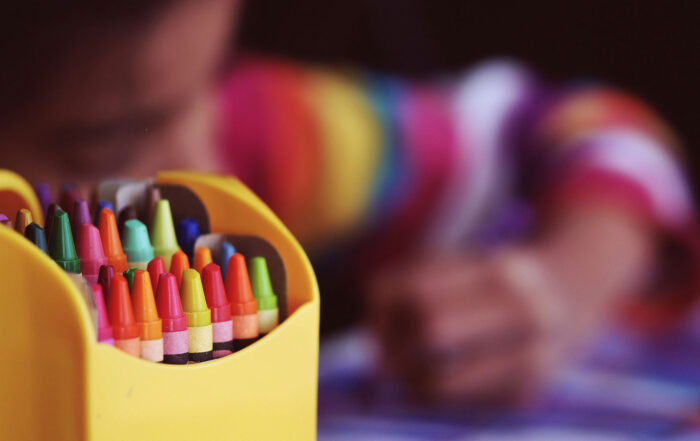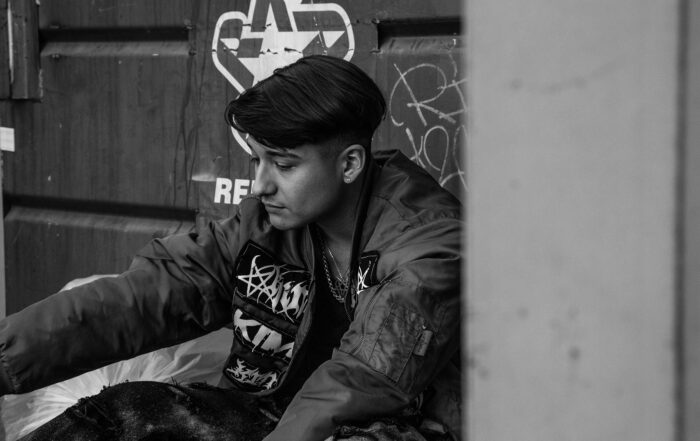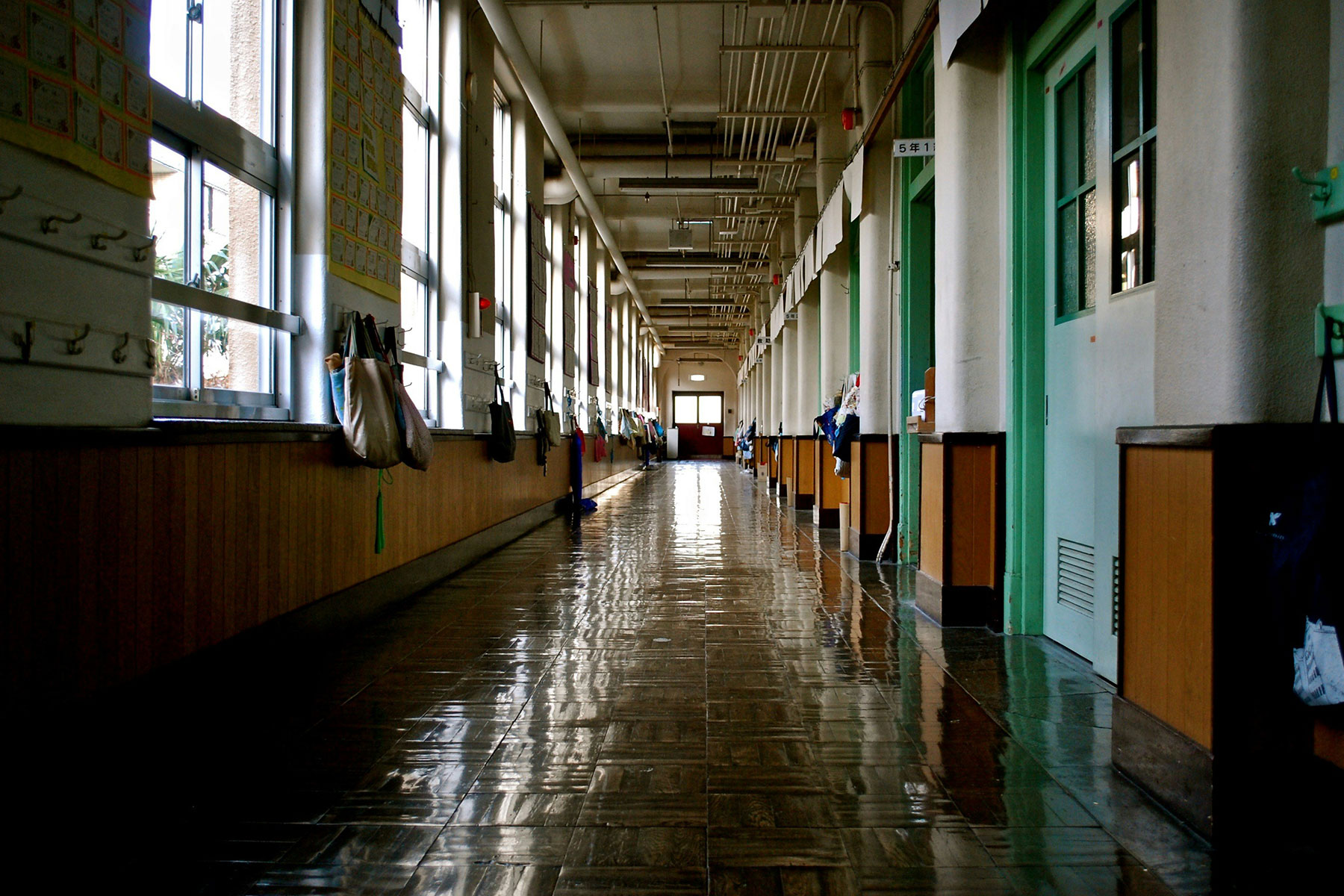
By The National Child Traumatic Stress Network
The recent shooting has been an extremely frightening experience, and the days, weeks, and months
following can be very stressful. Your children and family will recover over time, especially with the
support of relatives, friends, and community. But families and youth may have had different
experiences during and after the shooting, including those who may experienced physical injury,
involvement in police investigation, worry about the safety of family members and friends, and loss of
loved ones. How long it takes to recover will depend on what happened to you and your family during
and after this event. Some adults and children have been seriously injured and will require medical
treatment and long-term rehabilitation. Over time, some youth and adults will return to normal
routines, while others may struggle. Children and teens may react differently to the shooting
depending on their age and prior experiences. Expect that youth may respond in different ways, and
be supportive and understanding of different reactions, even when you are having your own reactions
and difficulties.
Share This Post!
Trends in U.S. Emergency Department Visits Related to Suspected or Confirmed Child Abuse and Neglect Among Children and Adolescents Aged <18 Years Before and During the COVID-19 Pandemic — United States, January 2019–September 2020
By The C.D.C. Heightened stress, school closures, loss of income, and social isolation resulting from the coronavirus disease 2019 (COVID-19) pandemic have increased the risk for child abuse and neglect (1). [...]
Behind the Term: Trauma
By U.C. Berkeley The term “trauma” can mean different things, depending on the context. Semantically, trauma refers to an experience or event; nevertheless, people use the term interchangeably to refer to either [...]
Ukrainian refugees in Poland get help for trauma you can’t see — mental health
By Dana Bash and Abbie Sharpe, CNN Warsaw, Poland (CNN)Eight-year-old Yana was going to gymnastics class six days a week at home near Odessa, Ukraine. Now, she can only practice by [...]
Mental health effects of Ukraine war zone on children
By Mary Kekatos As the Russian invasion of Ukraine intensifies, children are experiencing devastating consequences of being caught up in the war zone. At least seven children have been killed, according to United Nations [...]
The Chilling Effects of the Texas Anti-Trans Directive
By Mira Miller When Texas Governor Greg Abbott penned a letter directing state officials to investigate healthcare providers or parents who help transgender youth receive gender-affirming care, some believed his order would be ignored. [...]
What Is Intergenerational Trauma?
By Ivy Kwong, LMFT Humans have survived for thousands of years by evolving the ability to adapt. If you live with chronic stress or have lived through a traumatic event, certain [...]


